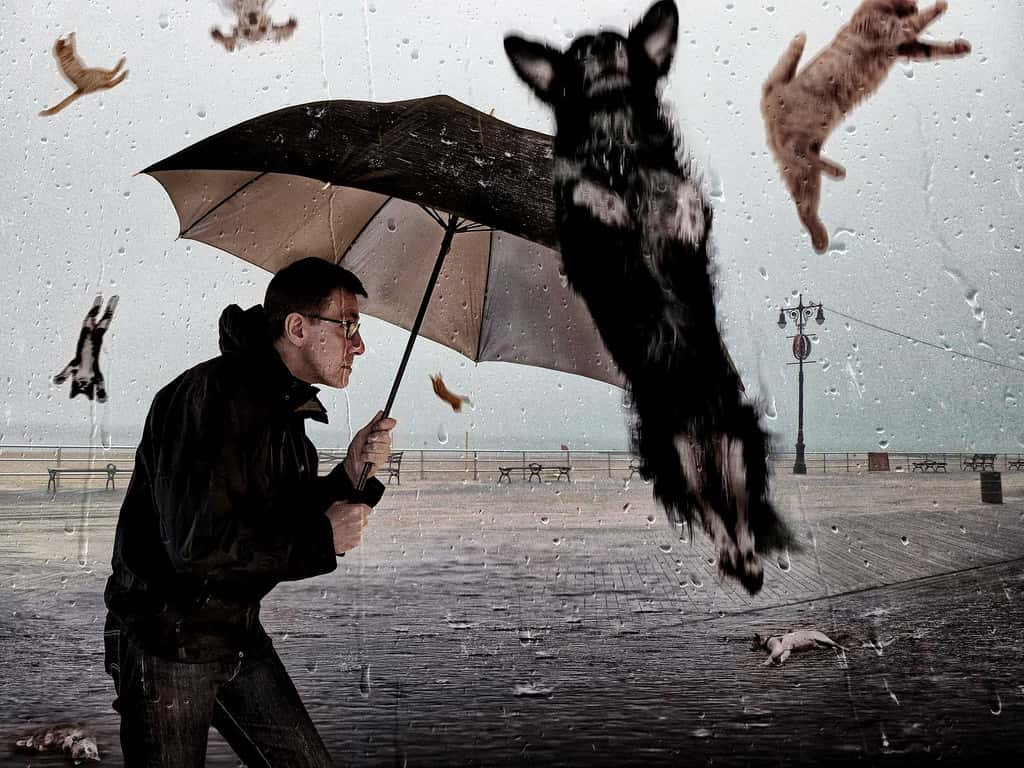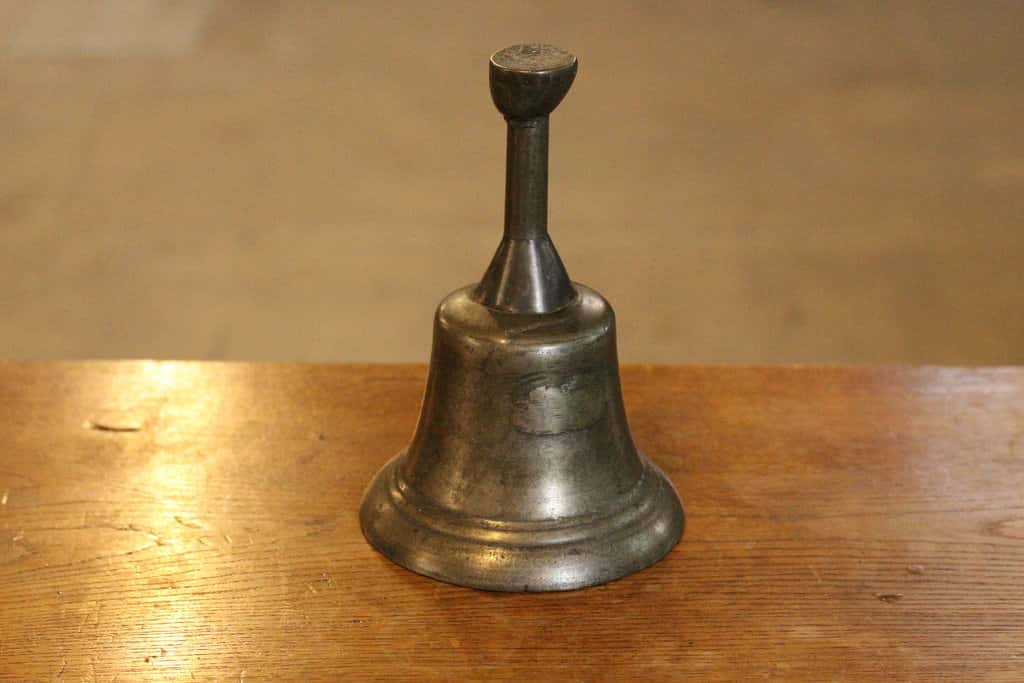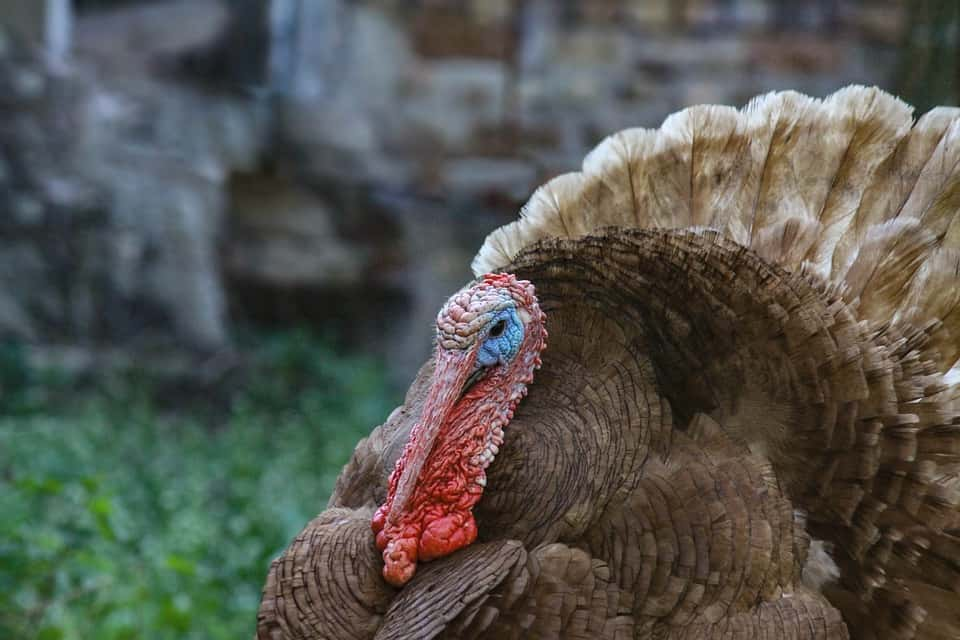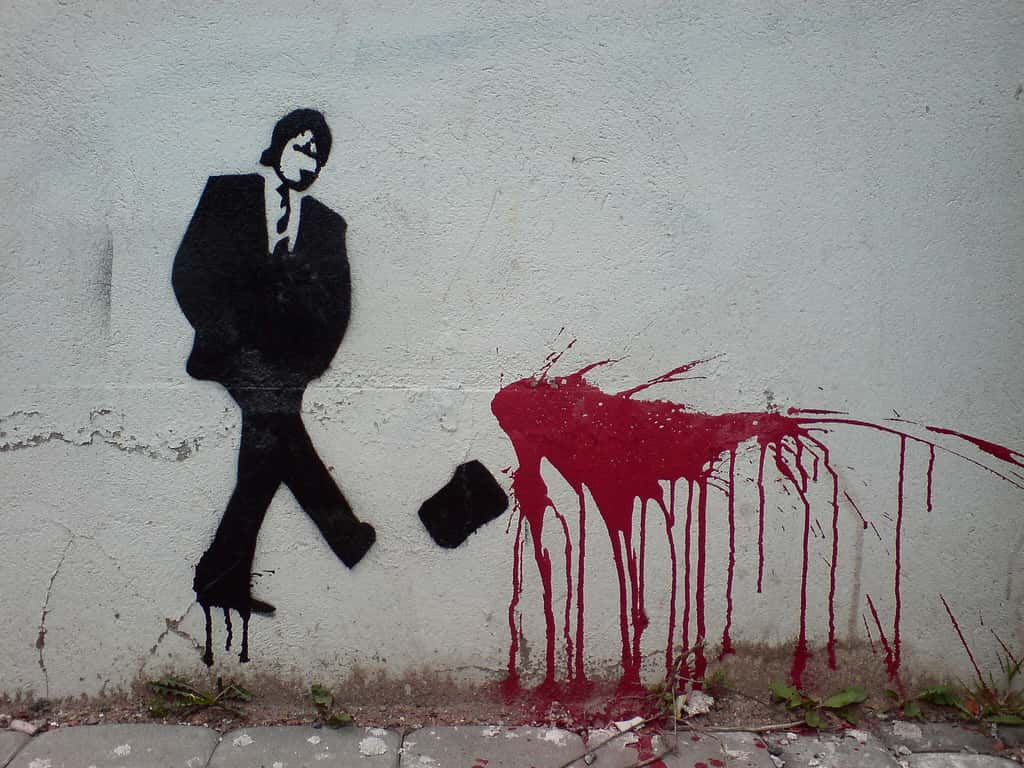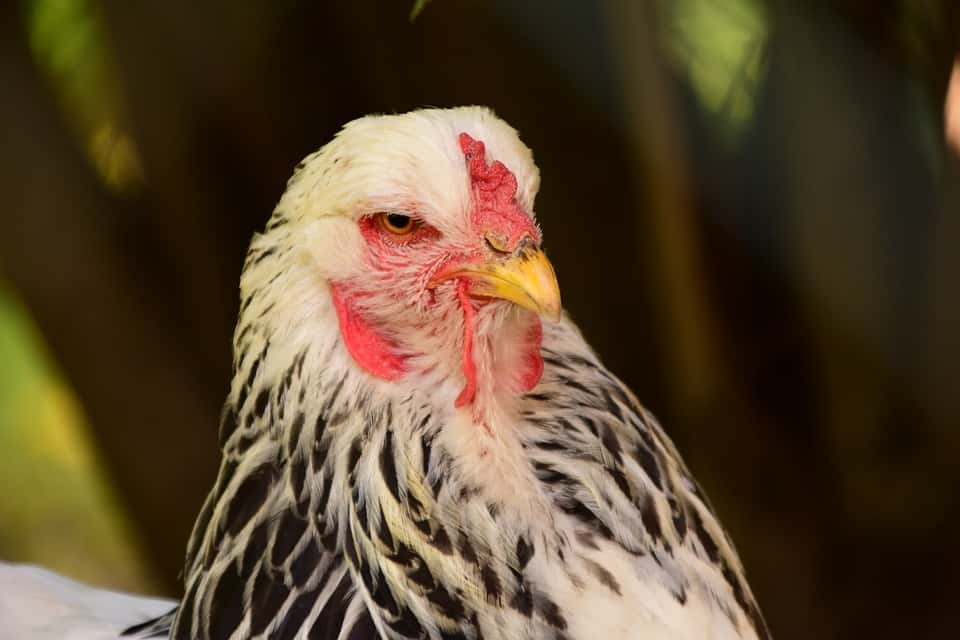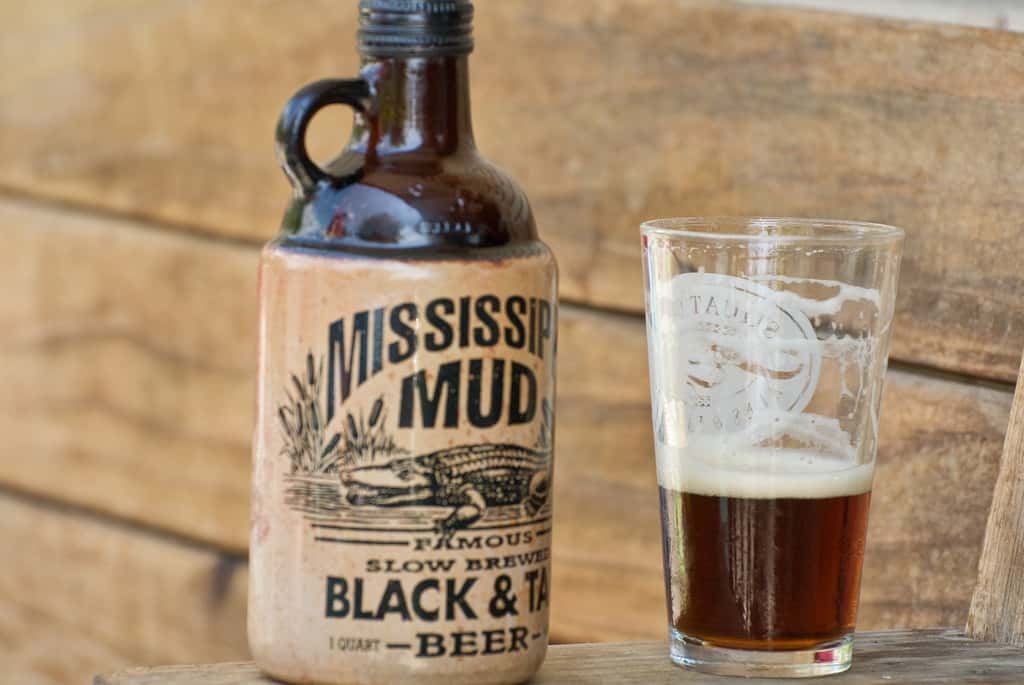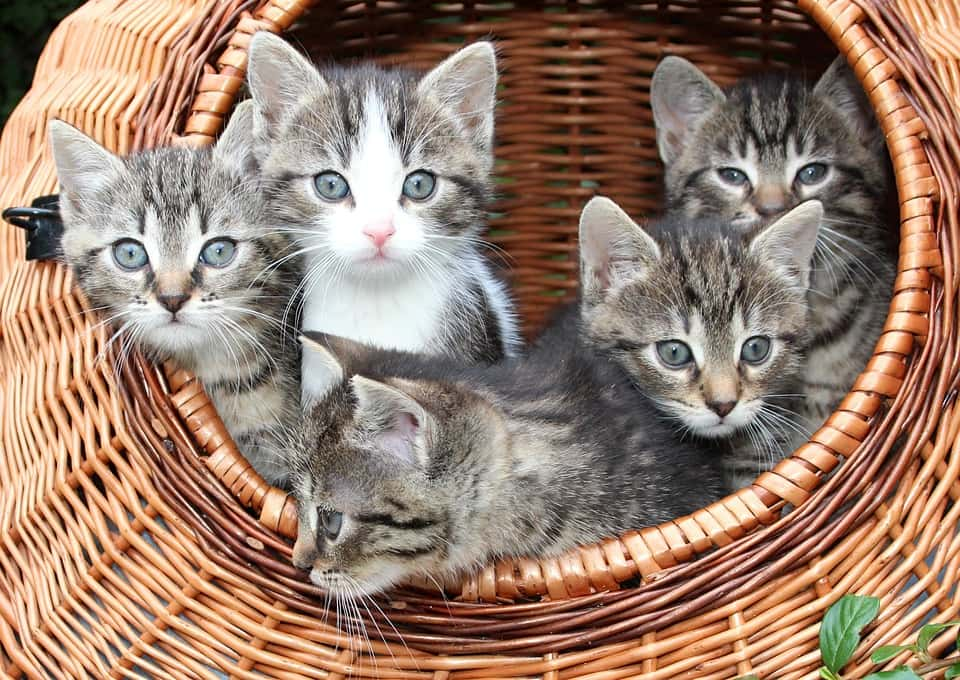Have you ever wondered where some of our common expressions come from? Many of them have interesting origins or may were actually common events. If you don't know where these saying come from, hopefully this list will let the cat out of the bag.
Common Expressions And Sayings Facts
36. Bringing Home The Bacon
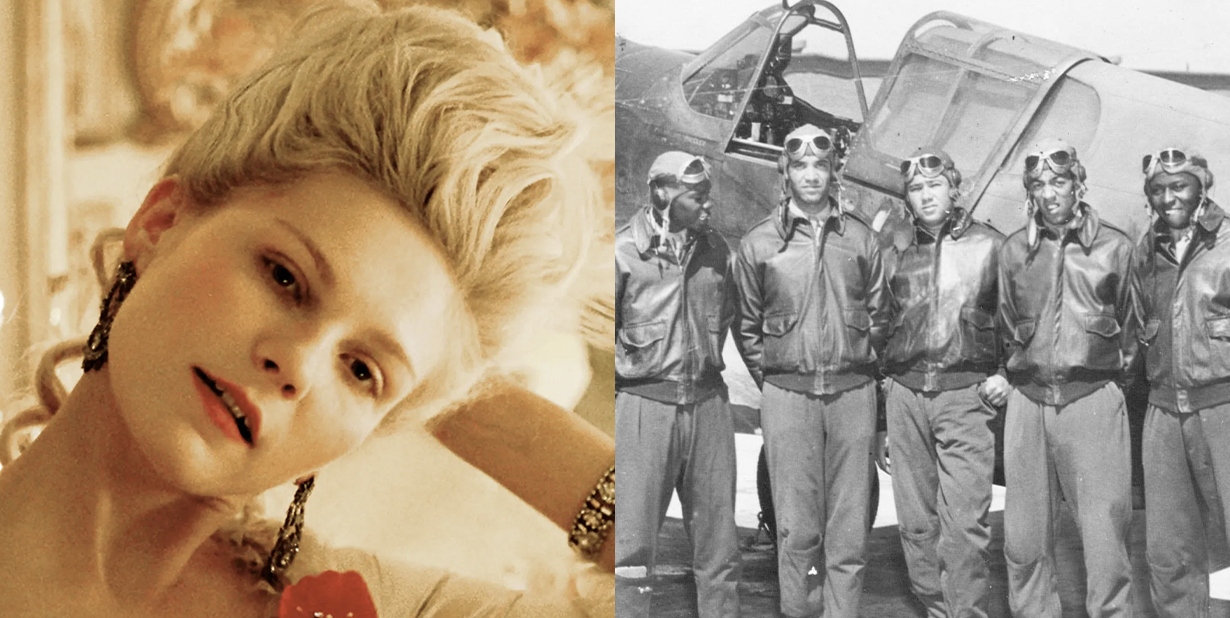
Meaning: Making lots of money
In the old days, a common cooking method was to use a big kettle that hung over the fire. Every day a stew would be made and things to the pot. Common people ate mostly vegetables and did not get much meat. Sometimes they could obtain pork, which was a special occasion. It was a sign of wealth that a man could get meat for his family to eat hence, “bringing home the bacon.”
35. Raining Cats and Dogs
Meaning : Raining very hard
Early cities often had a number of sanitation problems including proliferation of stray cats and dogs. When it rained so heavily that animals like cats and dogs, succumbed to the harsh conditions, were swept into the gutters, it was said to be raining cats and dogs.
34. "Saved By The Bell" and "The Graveyard Shift"
Meaning: Literally saved by a ringing bell and working all night, respectively.
England is extremely old and small and the people started running out of suitable graves to bury people. One solution to this problem was to dig up old coffins, take the bones to a bone-house, and reuse the grave. When reopening these coffins, a number of them were found to have scratch marks on the inside and they realized they had been burying people alive. In order to avoid any accidents, they would tie a string around the wrist of the individual thought to be lifeless. This string would be led through the coffin and upwards to the surface, where it was fastened to a bell. Someone would have to sit out in the graveyard all night (the graveyard shift) to listen for the bells. If someone could be saved from this practice they were saved by the bell.
33. Face the Challenge
Meaning: Accept the situation as it is, specifically an unpleasant one
There was a time when there was little or no access to anesthesia (pain medication) before emergency surgery during or after a battle. Patients would bite down on a small, hard object as a method to cope with severe pain.
32. Blood is Thicker than Water
Meaning: Family comes first
In ancient cultures, blood rituals between men symbolized bonds that were far greater than those of family. The saying also has to do with “blood brothers,” because warriors who symbolically shared the blood they shed in battle together were said to have stronger bonds than biological brothers.
31. Break the Ice
Meaning: To commence a project or a relationship
Port cities that thrived on trade suffered during the winter because frozen waters prevented commercial ships from entering the city. Ships known as icebreakers would keep supply lines open by breaking the ice and creating a path ships to sail through. People commonly refer to major life decisions as choosing a path. The undertaking of a personal relationship can be seen as going down a certain path with another. This is why “breaking the ice” is often used to refer to the first interaction between people before they begin a relationship.
30. Butter Someone Up
Meaning: To compliment or flatter with the intention of personal benefit
An ancient Indian custom involved throwing balls of butter at statues of the gods. This was done to seek favor from the gods and the hope was that it would ultimately improve one's life situation.
29. Bury the hatchet
Meaning: To make peace
This one dates back to the early times North America when the settlers were in conflict with the Native Americans. As part of the peace negotiation, Native Americans were asked to bury all their hatchets, knives, clubs, and tomahawks, literally making these instruments of conflict inaccessible.
28. Caught Red-Handed
Meaning: To be undoubtably caught in the act of
This expression has its origins in Scotland around the 15th century. In the earliest references, the phrase “red hand” or “redhand” referred to people who were found with blood on their hands from committing a deadly act or poaching. There was actually a law at the time that stated to be convicted of poaching, one would have to still have the blood on their hands, the presence of freshly butchered meat was not enough.

History's most fascinating stories and darkest secrets, delivered to your inbox daily.
27. Eat Humble Pie
Meaning: Suffering humiliation after offering an apology
During the Middle Ages, the lord of a manor would hold a feast after hunting. He would receive the finest cuts of meat and distribute them amongst his family and close friends. Those of a lower standing were served a pie filled with the entrails and innards, known as “umbles.” Therefore, receiving “umble pie” was considered humiliating because it informed others in attendance of the guest’s lower status.
26. Give the Cold Shoulder
Meaning: Ignoring or making one feel unwanted
Although giving someone the cold shoulder today is considered rude, it was actually regarded as a polite gesture in medieval England. After a feast, the host would let his guests know it was time to leave by giving them a cold piece of meat from the shoulder of an animal.
25. Go Cold Turkey
Meaning: To quit something abruptly
The skin of a plucked turkey, or chicken for that matter, is usually cold and covered in goose bumps. During withdrawal, the skin of an addict could become covered with goose bumps. Withdrawal is also known to make addicts feel hot-and-cold and shiver uncontrollably. It is said that they look like a plucked turkey.
24. Go the Whole 9 Yards
Meaning: To complete a task, or go all the way
WWII Fighter pilots were supplied with a 9 yard chain of projectiles. Thus, when a pilot has used all of his rounds, he has gone "the whole 9 yards."
23. Jaywalker
Meaning: One who crosses the street illegally
Jay birds that traveled outside of the forest into urban areas often became confused and unaware of the potential dangers in the city – like traffic. Amused by their erratic behavior, people began using the term “Jaywalker” to describe someone who crossed the street irresponsibly.
22. Kick the Bucket
Meaning: To pass away
When a cow was processed at a slaughterhouse, a bucket was positioned beneath it during the procedure. Sometimes the animal's legs would kick during this process, it would literally kick the bucket as its life is being taken away.
21. Let Your Hair Down
Meaning: To relax
Parisian nobles risked condemnation from their peers if they appeared in public without their hair done in an elaborate fashion. Some of the more intricate styles required hours standing in place while their servants worked on their hair. It was a relaxing ritual for these ladies to come home at the end of a day and let their hair down.
20. More Than You Can Shake a Stick At
Meaning: Having more than you need
Farmers controlled their sheep by shaking their staffs to indicate where the animals should go. When farmers had more sheep than they could control, it was said they had “more than you can shake a stick at.”
19. No Spring Chicken
Meaning: Past prime or old
Chicken farmers generally sold chickens in the spring, so the chickens born in the springtime yielded better earnings than the chickens that survived the winter. Sometimes, farmers tried to sell older birds for the price of a new spring chicken. Buyers would claim the older birds are “no spring chicken,” and the term came to represent anyone past their prime.
18. Rub the Wrong Way
Meaning: To annoy someone
In the 18th century, servants were required to wet-rub and dry-rub the oak floors of their employer's homes each week. Doing it against the grain caused streaks to form, ruining the look of the wood. This undoubtably would irritate the homeowner.
17. Rule of Thumb
Meaning: A standard best practice
It is said that a 17th century English Judge ruled it was permissible for a husband to beat his wife with a stick, given that the stick was no wider than his thumb. This became known as the rule of thumb.
16. Show Your True Colors
Meaning: To reveal one’s true nature
Warships used to fly multiple flags to confuse their enemies. The protocols of armed conflict dictated that a ship must raise its own flag before initiating an offensive. Therefore, before a vessel commenced an assault, it would unveil its nation's authentic flag, thus indicating which faction the ship belongs to in the confrontation.
15. Sleep Tight
Meaning: Have a nice sleep
During the Middle Ages, mattresses were supported on bed frames by ropes. In order to make mattress sit evenly, the ropes that supported the mattress needed to be tight. Over time these ropes would need to be tightened to ensure the person sleeping on it has a deep, refreshing sleep.
14. Spill the Beans
Meaning: To reveal a secret
In Ancient Greece, beans were used by politicians to cast their votes on various topics. One container for each outcome was set out for beans to be placed in which represented a vote. At the end the beans would be spilled out and counted. This would reveal the outcome of the confidential vote.
13. Waking Up on the Wrong Side of the Bed
Meaning: Waking up in a bad mood
In the Middle Ages, he left side of the body or anything having to do with the left was often associated considered sinister. To ward off evil, innkeepers made sure the left side of the bed was pushed against a wall, so guests had no other option but to get up on the right side of the bed.
12. Pulling my leg
Meaning: To tell a lie in an attempt at humor
This phrase actually has sinister origins. Eighteenth century street thieves would literally pull victims down by their leg in order to rob them.
11. Break a leg
Meaning: Good Luck
Superstitions run rampant in the theater, and one such superstition is that wishing someone good luck is actually going to have the opposite effect. Instead ,one would be wished ill will, such as breaking a leg on stage, since the opposite was supposed to occur.
10. Can't hold a candle to
Meaning: Not as skilled
Before electricity, skilled workers needed a second set of hands to hold a candle for them as they did their work. Holding the candle was clearly a less challenging job, so someone the less qualified worker would provide light to a better one.
9."Close, but no cigar."
Meaning: Almost, but not quite
In the past, carnivals would hand out rolled smokes as prizes, so being on the verge of victory would bring you near to claiming a roll of smoke, but not quite there. The phrase evolved in meaning and now refers to coming close to a goal but falling short.
8. Mind your p's and q's
Meaning: Mind your manners
In the 17th century, pubs distributed ale in pints and quarts. If a patron was losing their composure, the bartender might advise them to mind their manners and behavior. Now the phrase simply refers to maintaining etiquette, whether inebriated or not.
7. Three sheets to the wind
Meaning: Highly intoxicated
Sailors had numerous terms for being inebriated, and they all pertained to the ship. Being tipsy was "a sheet in the wind's eye" and being hammered was a full "three sheets to the wind." The sheets being referred to were truly the sails, thus if all three ropes that secured the sheets were not tightly bound(which happened due to the sailor being under the influence), it could cause the sails to flutter wildly and uncontrollably, similar to the unsteady movements of an inebriated sailor.
6.White Elephant
Meaning: Valuable but not worth the cost of upkeep
Albino elephants were highly regarded in Southeast Asia, and they were cared for lavishly. The term "white elephant" eventually evolved to mean any valuable but burdensome possession of which its owner cannot dispose and whose cost of upkeep is out of proportion to its usefulness or worth.
5. Mad as a hatter
Meaning: To be completely crazy
In the 17th and 18th centuries, hat makers frequently suffered ill effects from the mercury they unknowingly used for making hat felt, not realizing at the time that it was harmful. The “Mad Hatter Disease” was marked by shyness, irritability, and tremors that would make the person appear “mad.”
4. Barking up the wrong tree
Meaning: To have misjudged a situation
This refers to hunting dogs that may have chased their prey up a tree. The dogs bark, assuming that the prey is still in the tree, when the prey is no longer there.
3. Turn a blind eye
Meaning: To ignore situations, facts, or reality
The British Naval hero, Admiral Horatio Nelson, had one blind eye. Once when the British forces signaled for him to stop attacking a fleet of Danish ships, he held up a telescope to his blind eye and said, “I do not see the signal.” He confronted and emerged victorious.
2. The Cat is out of the Bag
Meaning: Reveal a secret
Farmers used to bring piglets into market in a bag as they were very difficult to catch if they got loose. Fraudulent farmers would substitute a cat for a piglet at markets. If you let the cat out of the bag you revealed the lie.
1. Cat Got Your Tongue?
Meaning: Unable to come up with the words
This refers to a typical punitive measure often used in the armed forces, flogging from a whip that contained multiple strands rather than a single one. This type of whip is known as a cat-o’-nine-tails and is said to have caused so much pain that the victims were left speechless.


